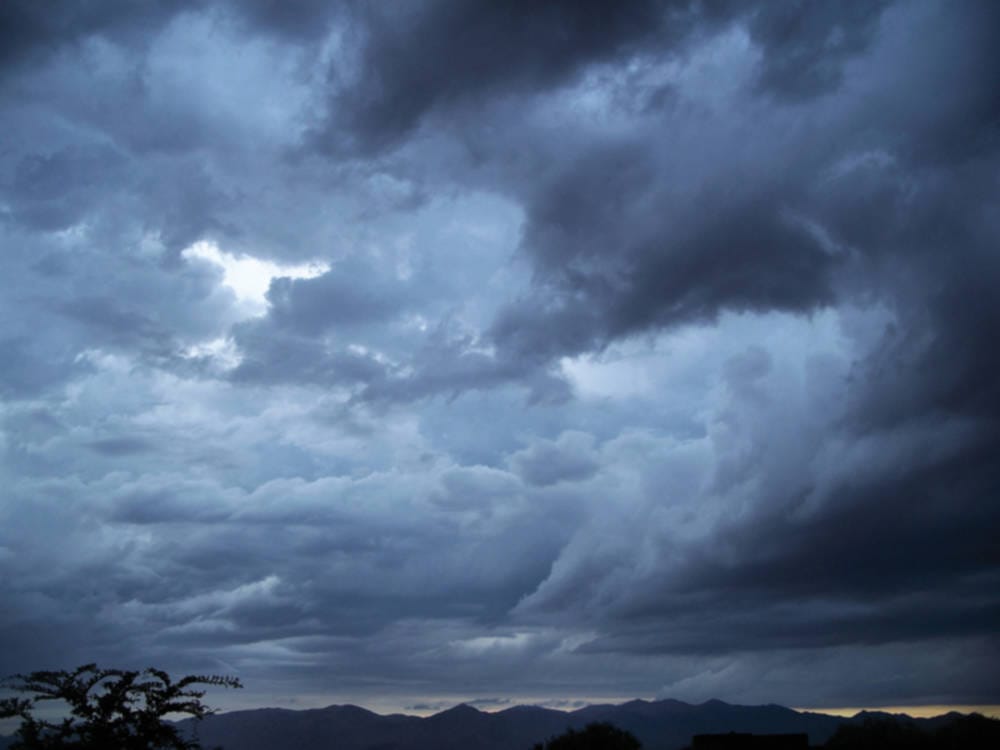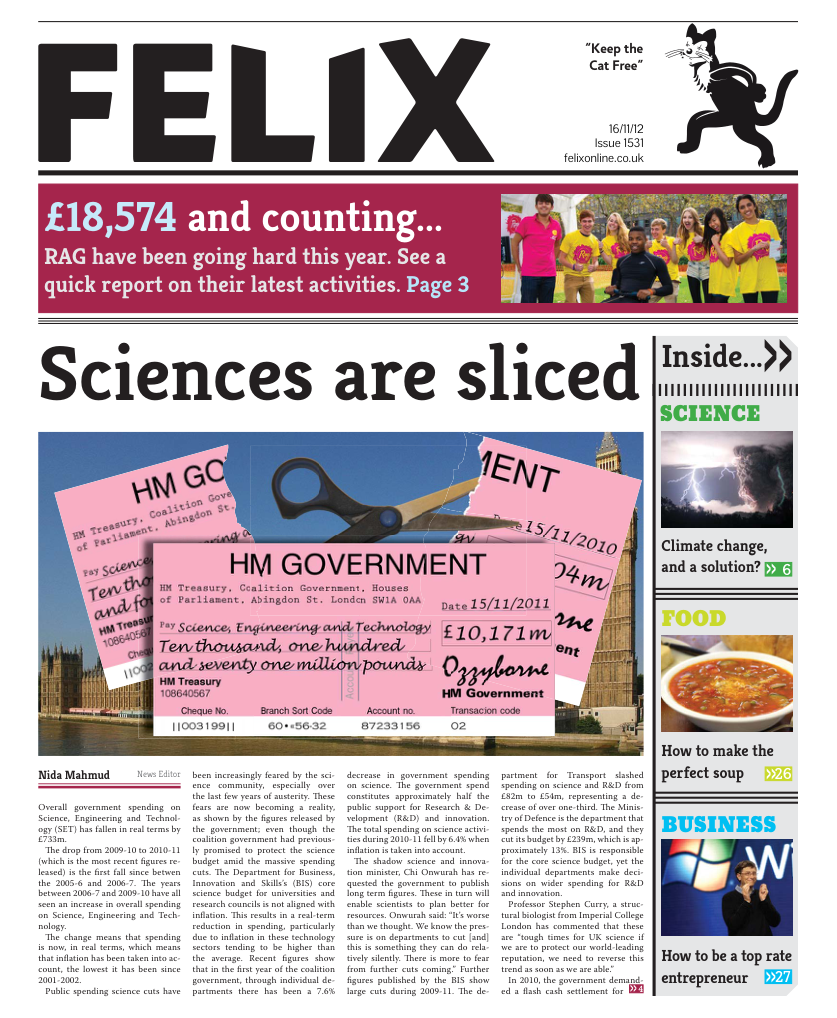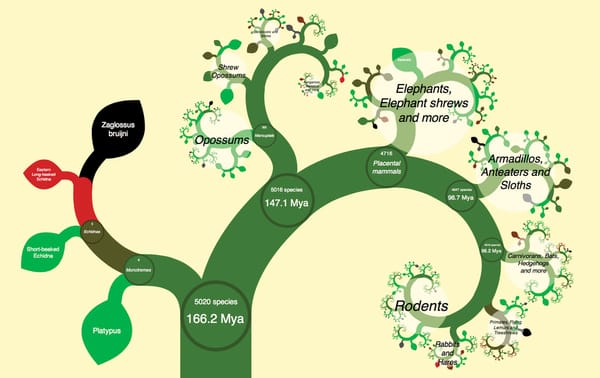The world is warming quicker than we thought
Luke Sheldon discusses a new study assessing climate models against observations, which provides worrying results

Climate change is expected to be more severe than previously thought as the climate models, which record the greatest warming, are found to be more accurate according to a new study.
Scientists from the National Centre for Atmospheric Research in the US used observations of Tropical humidity in the atmosphere to find the models that could reproduce this accurately. One of the authors, John Fasullo, stated: “There is a striking relationship between how well climate models simulate humidity in key areas and how much warming they show in response to increasing carbon dioxide. Given how fundamental these processes are to clouds and the overall global climate, our findings indicate that warming is likely to be on the high side of current projections.” The finding that the best models also produce the greatest warming suggests not only that the Earth will be getting warmer faster, but that extreme events could become more frequent and damaging sooner than expected.
Estimations of how much our climate will warm with increasing carbon dioxide vary greatly, with the largest predicting twice the warming as the smallest. This uncertainty is thought to be mainly due to clouds. Clouds occur on much smaller scales than climate models can resolve; hence descriptions of them have to be written. The different descriptions of clouds in models lead to models disagreeing about the effects and spatial patterns of clouds.
“There is a striking relationship between how well climate models simulate humidity in key areas and how much warming they show in response to increasing carbon dioxide." - John Fasullo
Observations of clouds cannot be used in a typical way to look at how well the models perform over long timescales as we only have measurements of clouds over short timescales and this is not thought to be an indicator of the effects of clouds over greater periods. Instead, the authors use the seasonal change in humidity. As well as having a better observational record due to satellites being able to measure it more easily, humidity is also highly related to cloud cover.
Sixteen of the climate models that are regularly used for predicting future conditions were tested against the measurements of humidity made from two NASA satellites. The test was performed for the subtropics, where the deserts are found, as not only is this area important for understanding our future climate but also the lack of convection there helps reduce any errors in measuring humidity.
The comparison of models and observations found that the models that were most accurate in simulating the subtropical humidity also were the models that were most sensitive to carbon dioxide; and therefore predict the greater future warming. This suggests that models that predict less future warming are unable to simulate enough atmospheric drying and that this feeds back into the clouds and is responsible for how much future warming is seen in the model.
This study has not only helped in developing a new way of investigating the accuracy of climate models but it has helped constrain the range of future warming. Fasullo says “If we can better represent these regions in models, we can improve our predictions and provide society with a better sense of the impacts to expect in a warming world.”









